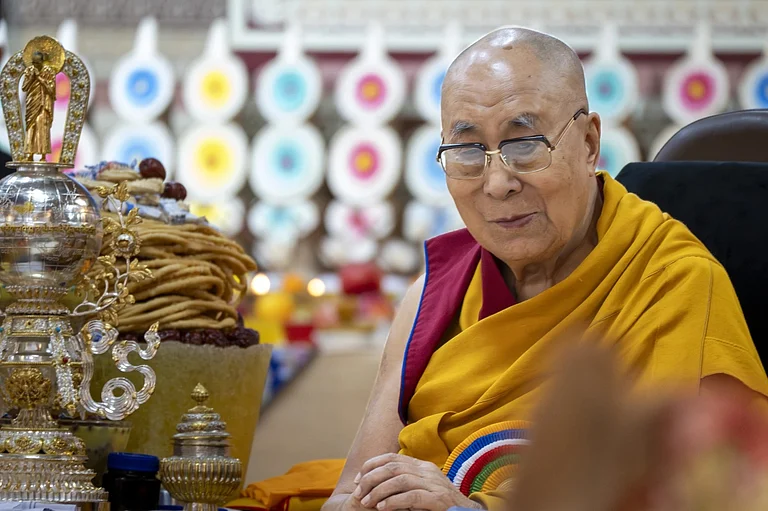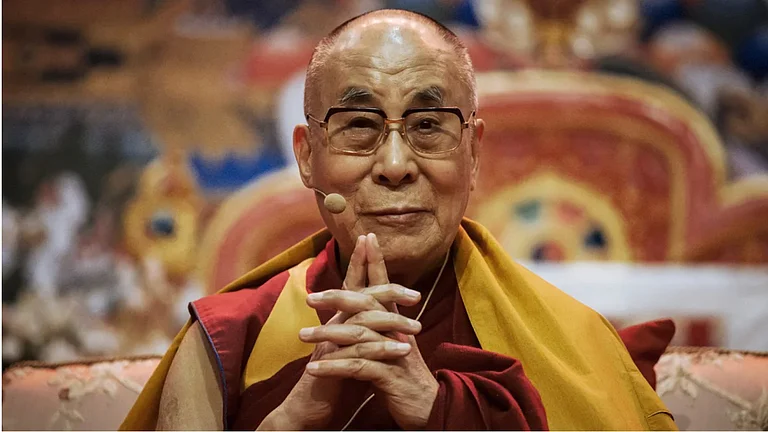The newly given name to a mountain peak in Arunachal Pradesh has miffed China. What has irked China is Indian mountaineers' decision to name the previously unnamed peak in Arunachal Pradesh after the 6th Dalai Lama.
A team from the National Institute of Mountaineering and Adventure Sports (NIMAS) scaled an unnamed and unclimbed 20,942 ft high peak in Arunachal Pradesh and decided to name the summit after the 6th Dalai Lama Tsangyang Gyatso, who was born in 1682 in the region of Mon Tawang.
NIMAS, located at Dirang in Arunachal Pradesh, functions under the Ministry of Defence of India, which said in a press release that naming of the peak after the 6th Dalai Lama is a tribute to his timeless wisdom and his profound contributions to the Monpa community and beyond, said a Defence Ministry press release.
What China Said
When asked for a reaction, Chinese Foreign Ministry spokesperson Lin Jian told a media briefing in Beijing that he was not aware of the matter, declaring the naming move "null and void".
"Let me say more broadly that the area of Zangnan is Chinese territory, and it’s illegal, and null and void for India to set up the so-called Arunachal Pradesh in Chinese territory. This has been China's consistent position," news agency PTI quoted him as saying.
The issue stems from China's claims on Arunachal Pradesh, which it calls 'Zangnan'.
China, which has been renaming places in Arunachal Pradesh since 2017 to assert its claims, also claims sovereignty over Tibet, from where the 14th Dalai Lama fled and took exile in India in 1959 after a failed uprising against Chinese occupation.
India emphatically rejected China's claims over Arunachal Pradesh, saying it is an integral part of India and assigning "invented" names does not alter this reality.
The Dalai Lama is the head monk of Tibetan Buddhism and was traditionally the political leader of Tibet The Dalai Lama is chosen by a group of high lamas, or highly respected Buddhist teachers.






















